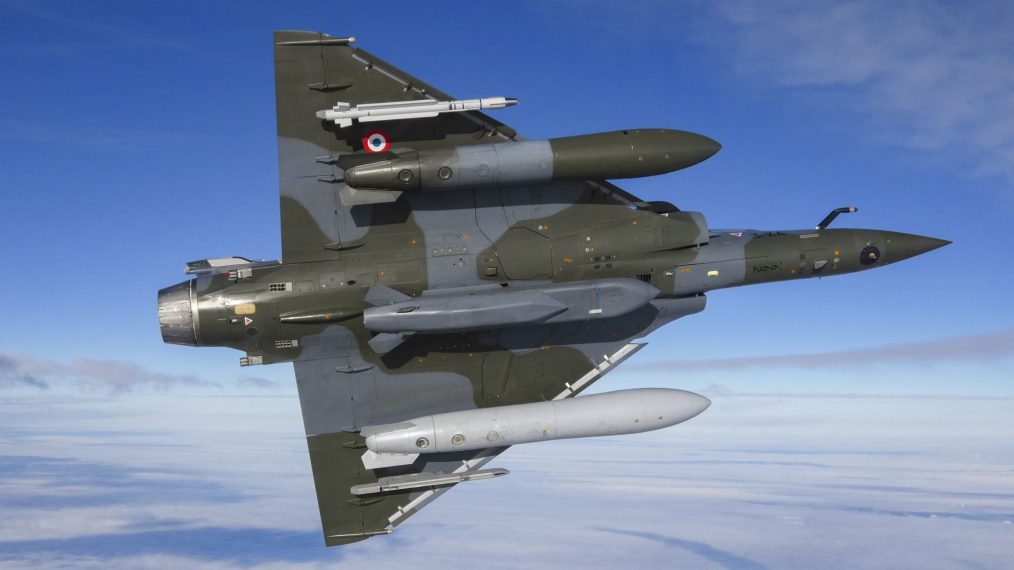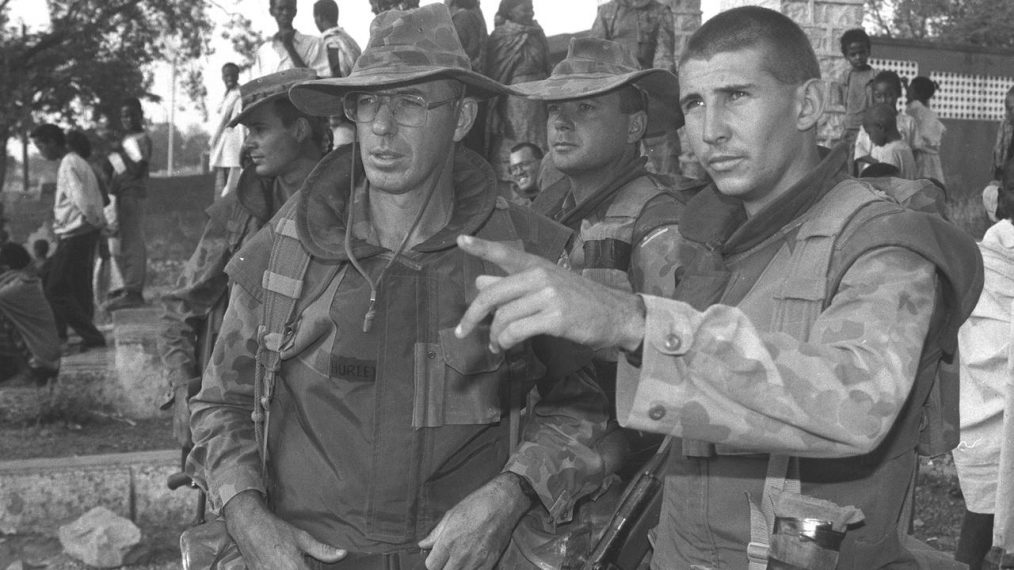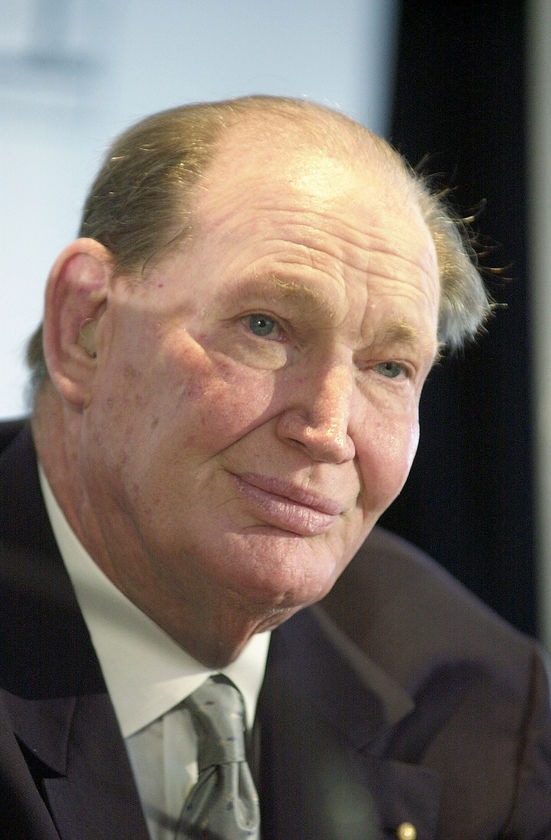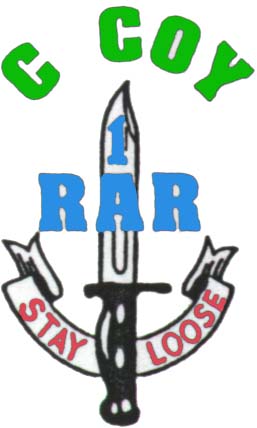The Armée de l’Air et de l’Espace
An upgraded Mirage 2000D RMV carrying a MICA IR air-to-air missile and a SCALP-EG air-launched cruise missile. ( credit: French Air and Space Force)
The Armée de l’Air et de l’Espace (French Air and Space Force) has officially declared the Mirage 2000D RMV (Rénovation Mi-Vie – Mid-Life Upgrade) operational, signalling the near completion of a major modernisation programme. In a ceremony held on 9 April 2025 at Nancy-Ochey Air Base, home of the 3rd Fighter Wing, four upgraded aircraft showcased the full spectrum of their new capabilities in flight.
The RMV upgrade programme has taken nine years to evolve from concept to operational deployment. “From paper to aircraft, from idea to operational commitment,” said Major General Vincent Chusseau, Deputy Chief of Plans and Programmes. “Behind this success are the engineers, technicians, mechanics, and Airmen who made this transformation possible.”
By the end of 2025, 50 Mirage 2000D airframes will have undergone deep modernisation, extending their service life until 2035. After that, the aircraft will be replaced by the Rafale F5, partnered with an advanced unmanned combat aerial vehicle (UCAV) derived from the nEUROn demonstrator.
Key Enhancements
The Mirage 2000D RMV now boasts a range of modern systems designed to increase lethality, survivability, and situational awareness. These include:
- CC422 30 mm Gun Pod: Mounted under the left engine intake, it equips the aircraft with close air support capability, replacing the Mirage 2000D’s previous reliance solely on precision munitions.
- MICA IR Missiles: These modern short-range infrared-guided missiles replace the outdated Magic II and are now standard across both Mirage and Rafale fleets.
- Enhanced Paveway II Bombs: The RMV can now deploy GBU-48 (1,000 lb) and GBU-50 (2,000 lb) munitions, in addition to the previously integrated GBU-49 (500 lb), offering flexible precision strike options.
- TALIOS Targeting Pod: Replacing several older systems, TALIOS improves target identification and engagement and brings the Mirage fleet in line with Rafale capability.
- ASTAC Electronic Warfare Suite: Offers tactical signal analysis for battlefield awareness and survivability.
- Modern Cockpit and Mission Computer: Upgrades include digital multi-function displays, a new mission computer running PANDA, LION, SINGE and LIANE software suites, and compatibility with advanced pilot gear such as the Scorpion Helmet Mounted Display (HMD).
Although the Scorpion HMD was not officially confirmed by the French Ministry of Armed Forces, sightings of pilots wearing the system during earlier trials suggest its inclusion is likely.
Weapons Demonstration
Imagery from the commissioning event and prior test flights in Djibouti revealed multiple combat configurations. One Mirage carried a SCALP-EG cruise missile and MICA IR on outer hardpoints, while another flew with a combination of GBU-48 and GBU-50 guided bombs, the TALIOS pod, and the new gun pod. These flexible loadouts reflect the RMV’s multirole capability across a variety of combat scenarios.
A Symbol of Adaptability
First introduced in the 1990s, the Mirage 2000D was specifically designed for day-and-night, all-weather ground attack missions, operating at high speeds and low altitudes. However, evolving threats and the increasing complexity of air combat and intelligence operations necessitated a comprehensive upgrade.
In its press release, the Air and Space Force called the Mirage 2000D a “symbol of precision and reliability,” and praised the RMV programme for preparing the aircraft for the challenges of modern warfare. “New optimised weapon systems, improved connectivity, and a modernised cockpit make this aircraft a platform resolutely geared toward a rapidly changing environment,” the service noted.
Looking Ahead
The upgrade initiative was launched in 2016 following a contract with Dassault Aviation, and was aligned with France’s 2014 Military Programming Law aimed at preserving combat effectiveness within budgetary constraints. Beyond hardware, a key component of the RMV success has been the close integration between frontline aircrews and software developers, particularly the ESIOC (Operational Information Systems and Cyberdefence Squadron) at Mont-de-Marsan.
According to the Ministry, onboard software is now continuously updated in a “short loop,” enabling tactical data sharing and responsiveness during missions. This digital architecture enhances real-time decision-making and forms the backbone of the RMV’s combat efficiency.
In summarising the programme’s achievement, Maj. Gen. Chusseau said, “This operational commissioning is the culmination of a collective effort… We salute the work of the industrial teams, engineers, and military personnel who made this modernisation possible.”
With the Mirage 2000D RMV now in active service, France has reinvigorated one of its most iconic combat aircraft for another decade of relevance on the battlefield.










